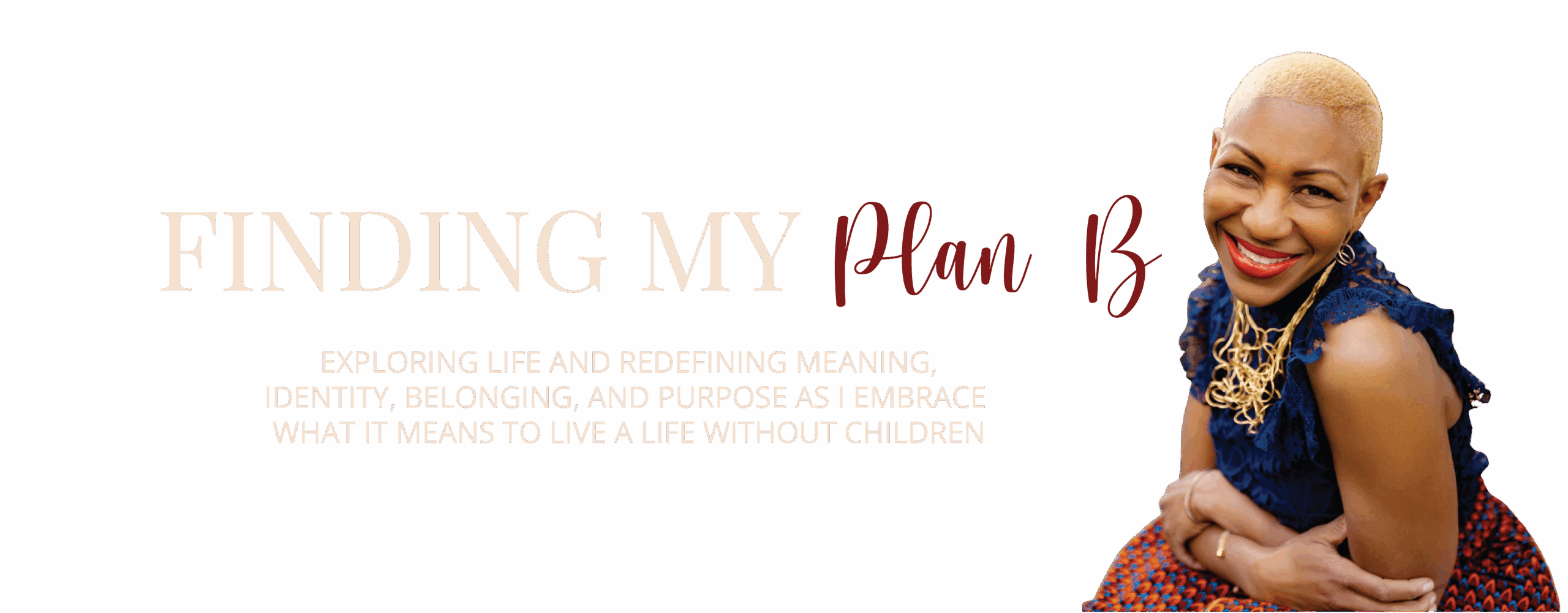So I held the first Gateway Women’s ‘Women of Colour’ reignite weekend workshop in London on the 28th and 29th April. I was excited and nervous about this but also very curious to see what would happen in the room. I’ve attended 2 reignite weekends in the past as well as graduating from the Plan B mentorship programme in February 2016 so I knew, in some ways, what to expect but, from my own experience of being the black women in the room, I hoped that this workshop would be different. I was curious to see what would happen especially because of my own experience of not only grieving my childlessness but also of grieving through the eyes of a black women who is becoming consciously aware of the society I am in both personally and professionally.
I had a wonderful bunch of women, all at different stages in their grief, with different personalities and with different reasons for wanting to be in that room but with one thing in common, we were all WoC. This in itself was momentous as there are few spaces where WoC can sit in a space and openly explore our observations, around race, without being judged, shamed or silenced. It was definitely a first for me and something that I will cherish.

I wasn’t sure how the conversations would develop and was conscious that I didn’t want to influence what was discussed by steering the conversations back to race but it became clear’ quite early on during the workshop, that our backgrounds and experiences, because of our race have become unspoken truths that we are rarely allowed to raise let alone explore thanks to ‘white privilege’ and/ or ‘white fragility’.
During a couple of the exercises over the weekend I also noticed how some of the women found it difficult to daydream. As we know trauma can affect our ability to dream where women who are grieving the loss of motherhood can feel guilty if they are able to imagine a future without children. This is often translated to somehow mean that ‘we did not really want children if we can imagine a fulfilling life without one’. I myself found it difficult to accept my grief because I chose not to go down the IVF or the adoption route. Being able to acknowledge the regret of a termination can also be difficult when the person you are now with would not have chosen to be with you if you had had that child.
I had not experienced this level of difficulty (with the dreaming exercises) at the previous reignite workshops that’s I’ve attended and wondered where the block was. If we consider unconscious conditioning we can go back to slavery times where slaves (black people) were not allowed to dream, something that was told to them in many different ways. I can also imagine that during those times a dream could be just as debilitating and as painful as hope itself.
While we were reflecting on this one of the ladies pointed out that we, as a race, were invited (or allowed) into England to support and help the British to rebuild their country, a country where some people still believe that non-British people (minorities) do not belong. Is this a reason for our (sometimes) limited dreams??? How do you hold on to that dream that your ‘mother country’ is not interested in seeing you succeed in??? Ok so I am generalising her as I have meet some very successful black people over the years but I have also wondered what they have sacrificed or endured for that slice of the pie.
I remember reading in Reni Eddo-Lodge’s book ‘Why I’m no longer talking to white people about race‘ where Reni talks about structural racism. She mentioned that research shows how racism is weaved into the fabric of our world. To quote from her book Reni stated that “It seems like black people face a disadvantage at every significant step in their lives”. Reni goes on to explore white privilege which ‘bullies us into not speaking up’ and ‘scares us into silencing ourselves’. “We don’t get the privilege of speaking honestly about our feelings…” and it is rare that we even get the opportunity to talk about our experiences unless invited to do so. With this in mind is it a surprise that people of colour (at times) find it difficult to dream past what we can physically see…. “You learn to be careful about your battles, because otherwise people would consider you to be angry for no reason at all” [Reni Eddo-Lodge].
I wrote about my experience with religion in my blog, ‘The Black Woman in the Room’ for Gateway Women where I mentioned the shaming silence that can be witnessed when God (or more aptly how he’s represented) enters the arena. One of the women at the Reignite weekend made the comment that when it comes to religion “It’s good when it’s bad” … This comment did leave me with the most quizzical look on my face but she went on to explain that (where religion is concerned) people can thrive on notion that God will work his miracles in those dark times; when you’ve lost your job, when someone is ill (the more serious the better), when it looks like all hope is gone, all you need is the faith that God will work his magic once you’ve put it Him prayer.
There was one comment from the workshop that has stayed with me… “women get what’s left” – such a sad and definitive comment.
Well I certainly felt like a woman who get the most prestigious award that weekend. The experience of being in that room, with that particular group of women was the best feeling I could ever have imagined. I would not have asked for anything more!!!



Recent Comments